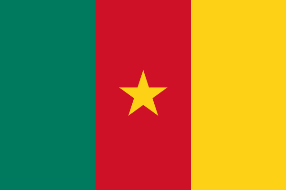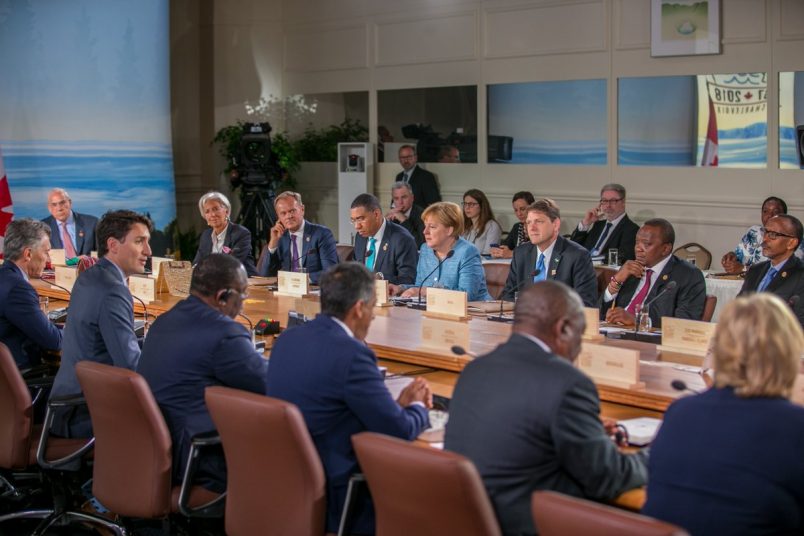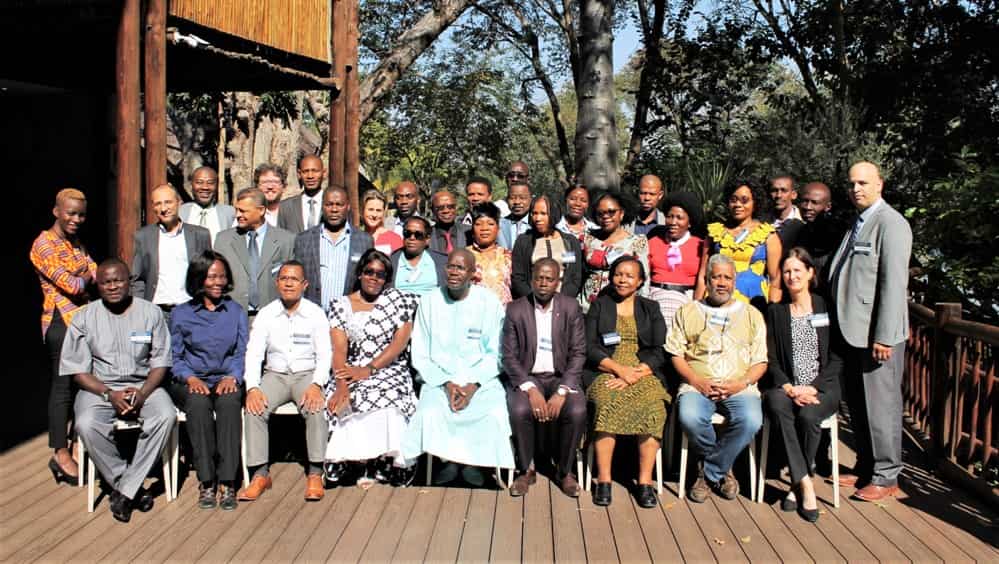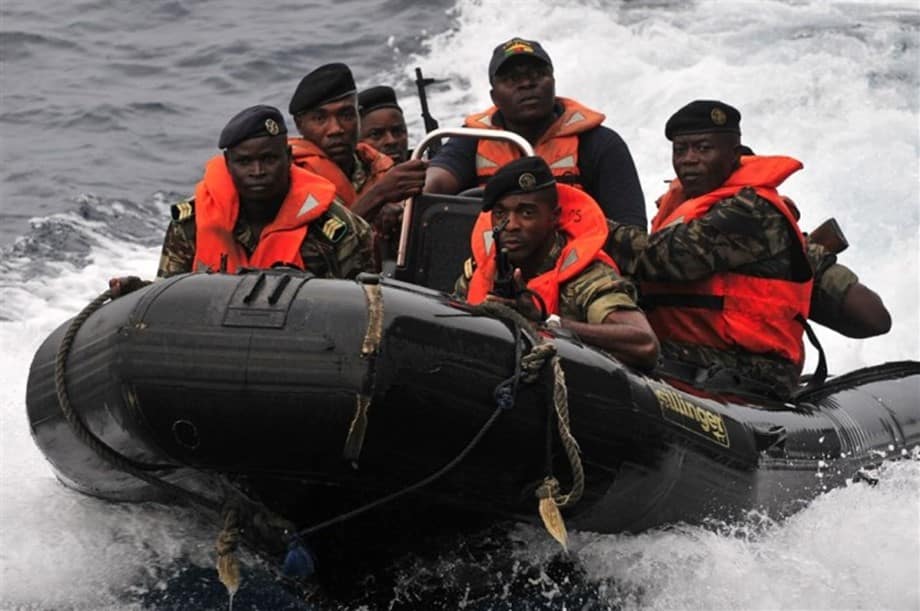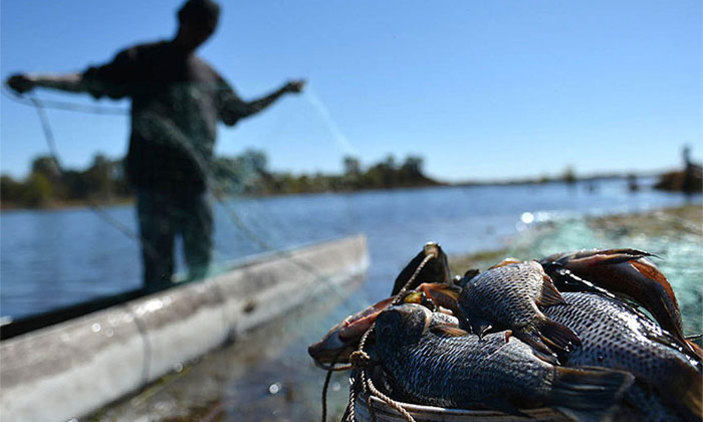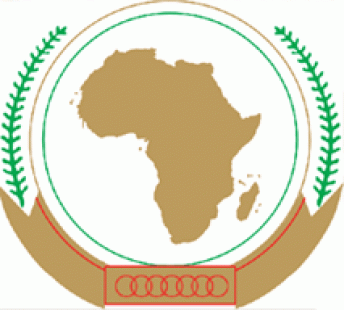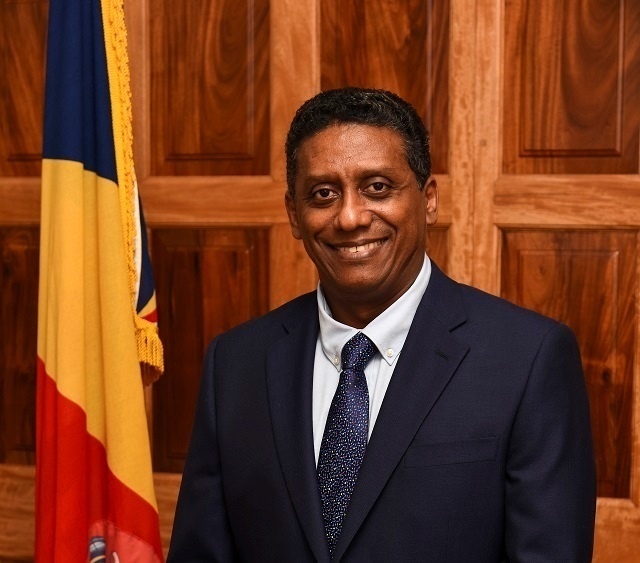
The Seychelles’ president, Danny Faure, urged African leaders to adopt a more proactive and collective strategy to address the rising maritime security challenges at the summit for southern African heads of state.
State House said that Faure made the statement on Saturday at the 39th summit of heads of the state of the Southern African Development Community which took place in Dar es Salaam Tanzania during the weekend.
“Our challenge today is not only to look at security challenges on the continent but the maritime space that we share. As an oceanic state, economic activities in our EEZ (Exclusive Economic Zone) and in the international waters around us, relating mostly to transportation, fisheries and tourism, contribute towards 44 percent of our GDP,” said Faure.
He highlighted how the scourge of piracy has for the past years affected and threatened the livelihoods and economic activities of countries in this region and why further collective commitment and immediate action is critical.
“It was thanks to a regional and global effort, that we were able to raise awareness and develop a strategy that could control the growth and spread of piracy in our region. Today, Seychelles and her neighbours, including many of you here, continue to invest millions in order to protect our territorial waters and the economic livelihood of our countries,” Faure said.
He pointed, however, that as one crisis is put under control others continue to emerge.
“There is a growing number of other illicit activities such as drug and human trafficking in our EEZ, illegal unreported and unregulated fishing; and the poaching of our marine resources including fish and other sea products and greater conditions for terrorist activities to manifest. For these, we need to find common solutions,” added Faure.
The head of state of Seychelles, an archipelago in the western Indian Ocean, commended neighbouring country Mauritius and the SADC secretariat for the recent initiatives related to reducing maritime security threats. He also called for an urgent gathering of member states to discuss sensitive security issues, threatening the region.
“The message today is that we need an urgent strategy and action plan in order to secure our region from these scourges. Our Blue Economy agenda will remain an agenda if we fail to secure the very environment it needs to grow,” warned Faure.
The summit of SADC heads of state opened officially on Saturday morning at the Julius Nyerere International Convention Centre in Dar es Salaam, Tanzania.
Discussions in the two-day meeting focused on ways of advancing integration and sustainable development in the region guided by the banner theme for this year “A Conducive Business Environment for Inclusive and Sustainable Industrial Development, Increased Intra-Regional Trade and Job Creation.”
At the closed session in the afternoon, President Faure thanked Tanzania for choosing a theme that depicts the continuity and progress of the journey together as the SADC family.
“This year’s theme could not have been more apt for the trajectory ahead of us. We have to find new ways and means of creating a conducive environment, which will cater to the needs and aspirations of our young people. We need therefore to use our resources with prudence and find innovative ways to protect our environment and heritage for generations to come,” he said.
On the sidelines of the summit on Sunday, Faure met with his Tanzanian counterpart John Pompe Joseph Magufuli.
The two leaders discussed the reinforcement of existing cooperation and exploring potential areas for future collaboration.
Faure expressed Seychelles’ desire to deepen collaboration with Tanzania through exchanges particularly in areas such as maritime security, fisheries, food security, the Blue Economy, and investments and trade.
On his part, Magufuli echoed his government’s commitment to enhance relations with Seychelles in the areas highlighted by President Faure and translate them into concrete actions for the mutual benefit of both peoples.
Seychelles and Tanzania established diplomatic relations in November 1986.
Source: https://allafrica.com/stories/201908190550.html




